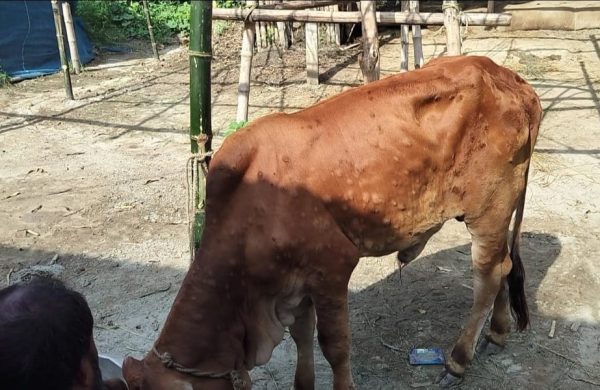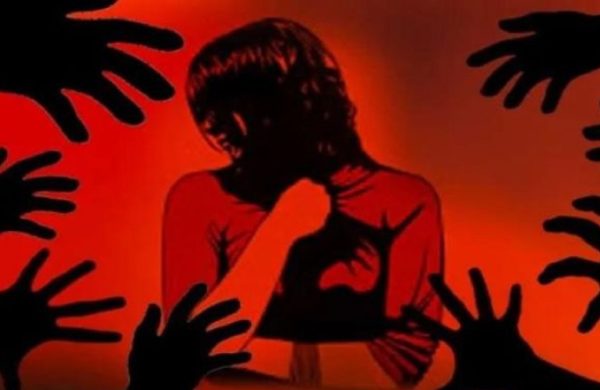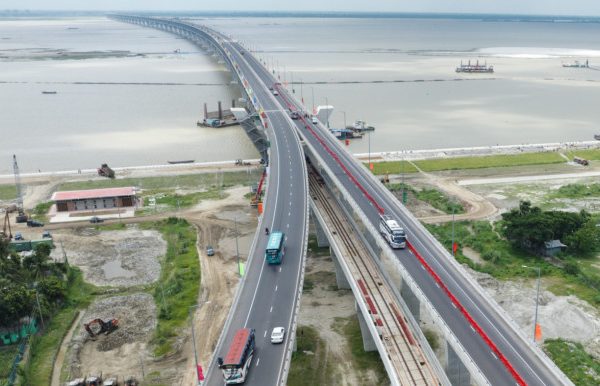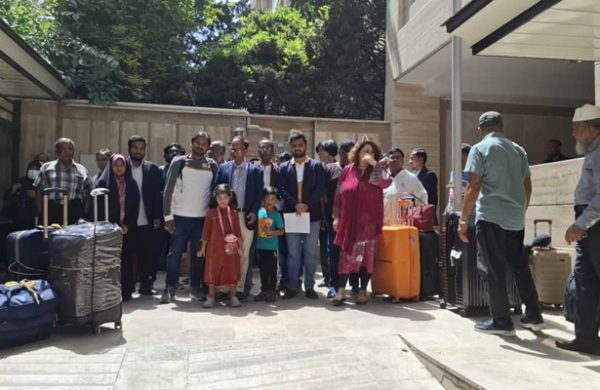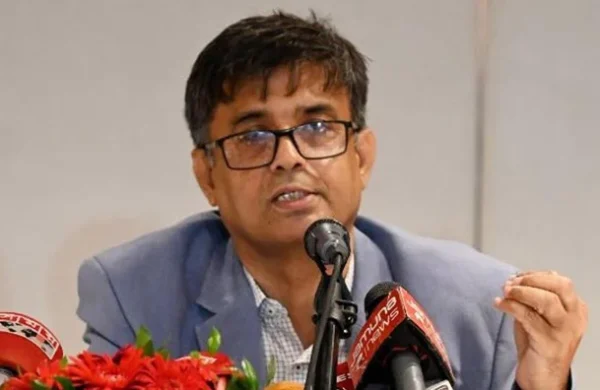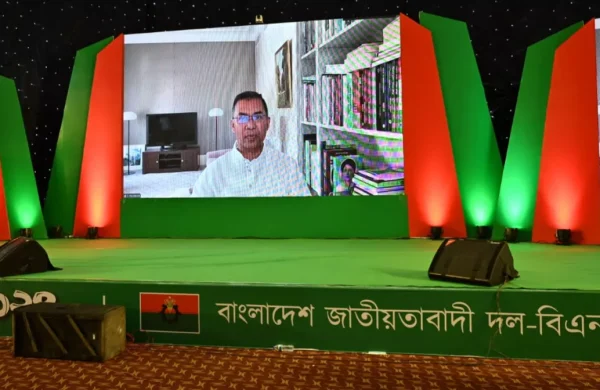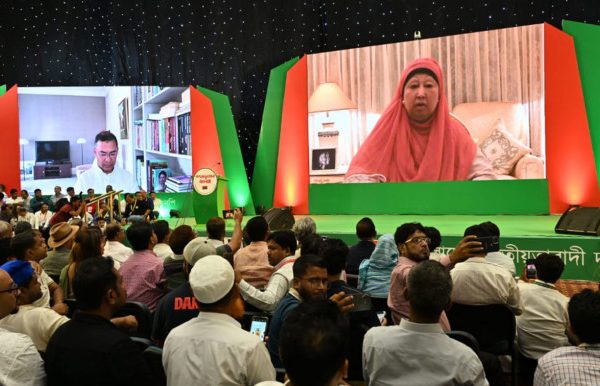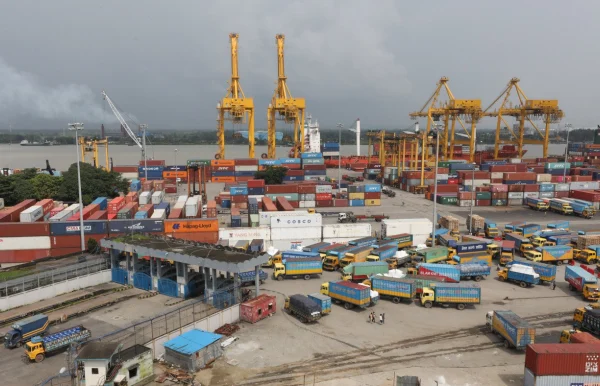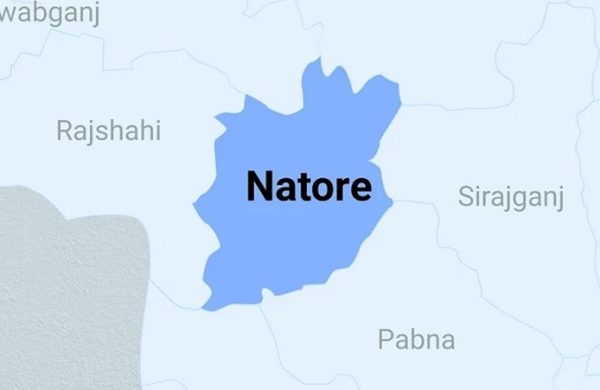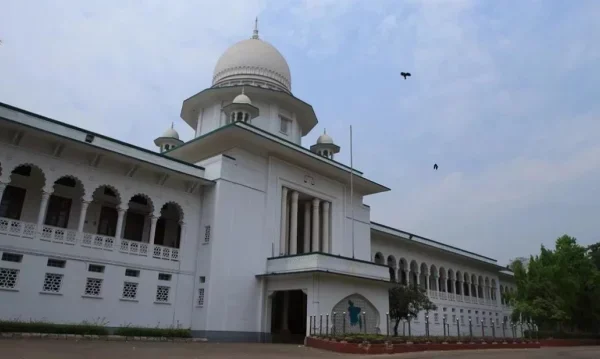Is another One-Eleven looming in Bangladesh?
- Update Time : Sunday, December 22, 2024
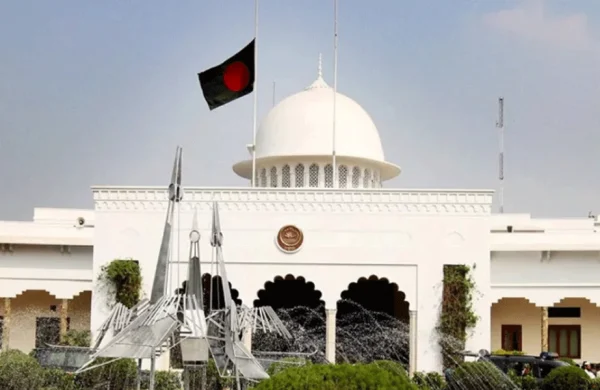
TDS Desk:
Bangladesh’s political landscape is once again shrouded in uncertainty. Democratic reforms appear gridlocked, and skepticism surrounds the interim government’s ability to navigate the nation toward a fair and inclusive election. Allegations of political marginalization, economic stagnation, and rising authoritarian tendencies have raised fears of a scenario reminiscent of the 2007 One-Eleven military-backed government. Is history repeating itself?
In his Victory Day speech, the interim government chief expressed optimism about holding elections by mid-2026. The proposed timeline has drawn criticism, with opposition parties questioning the delays. BNP, one of the major political entities, has demanded a clear election roadmap, while groups like the “National Citizens’ Committee” insist that no election should take place until former Prime Minister Sheikh Hasina is prosecuted. The polarized positions deepen mistrust and raise the specter of renewed political conflict.
The One-Eleven government, formed during a period of acute political unrest, initially aimed to organize free and fair elections. However, it soon embarked on a controversial de-politicization campaign, popularly known as the “Minus Two Formula.” This strategy sought to marginalize key political leaders and consolidate power through non-political means, a move that drew widespread public ire.
Now, concerns are growing that a similar agenda might be unfolding. Critics argue that the interim government’s reforms, including the formation of multiple committees, echo the One-Eleven government’s overreach. Political leaders from the BNP, including Tarique Rahman, have pointed out that elements within the government appear intent on extending their grip on power under the guise of reform and neutrality.
Economic instability has further exacerbated the public’s dissatisfaction with the interim government. The rising cost of living, declining law and order, and regulatory crackdowns on businesses mirror the 2007 scenario. Back then, the anti-corruption drive destabilized industries and strained economic activities, leading to widespread hardship. The current interim government’s aggressive actions against businesses and industrialists are perceived as a repeat of those past mistakes.
The business community, already reeling from high inflation and restrictive policies, faces new challenges as accounts are frozen and investigations proliferate. Such actions risk undermining private-sector confidence and economic recovery, potentially plunging the country into a deeper economic crisis.
The interim government’s relationship with major political parties is deteriorating. Despite being installed with the consensus of political parties, the government’s unilateral decision-making has alienated its stakeholders. The absence of consultation during the appointment of key advisors has drawn criticism, with opposition parties accusing the government of sidelining them in favor of politically biased figures.
In 2007, the military-backed government sought to establish a “King’s Party” to consolidate its influence. Allegations have surfaced that a similar strategy is in play, with efforts to build alternative political groups under state patronage. These actions, critics argue, undermine the democratic aspirations of Bangladesh’s citizens and threaten to entrench undemocratic practices.
Civil society actors, particularly those aligned with influential media outlets, played a significant role in shaping the 2007 agenda. Today, accusations have resurfaced that segments of the civil society are again advocating for de-politicization and a sidelining of political leadership under the guise of “reform.” This has heightened tensions, as political leaders warn against repeating the mistakes of One-Eleven.
The interim government faces a clear mandate: to facilitate free, fair, and inclusive elections. Any deviation from this goal threatens to erode public trust further and destabilize the nation. Political parties, particularly the BNP, have shown commendable restraint thus far, but their patience is not limitless. Prolonging the electoral process risks exacerbating divisions and inviting mass unrest.
To prevent another One-Eleven scenario, the government must act swiftly and transparently. Key measures include: Setting a Definitive Election Timeline: A clear and realistic roadmap is essential to restore public confidence and dispel fears of authoritarianism. Engaging Political Stakeholders: Broad-based consultations with all political parties can foster inclusivity and mitigate mistrust. Halting Repressive Measures: The government should cease actions perceived as anti-business or politically motivated, focusing instead on policies that promote stability and growth. Commitment to Neutrality: Advisors and decision-makers must demonstrate impartiality to ensure that the democratic process is not compromised.
The fears of another One-Eleven are not unfounded. Political maneuvering, economic mismanagement, and social unrest are creating a perfect storm reminiscent of 2007. However, the interim government still has the opportunity to course-correct. By prioritizing a swift and fair electoral process and engaging constructively with all political stakeholders, it can avert a crisis and reaffirm its commitment to democracy.
The path forward is fraught with challenges, but the stakes are too high for inaction. Bangladesh’s future hinges on its ability to navigate this turbulent period with wisdom, transparency, and unwavering respect for the democratic will of its people.


